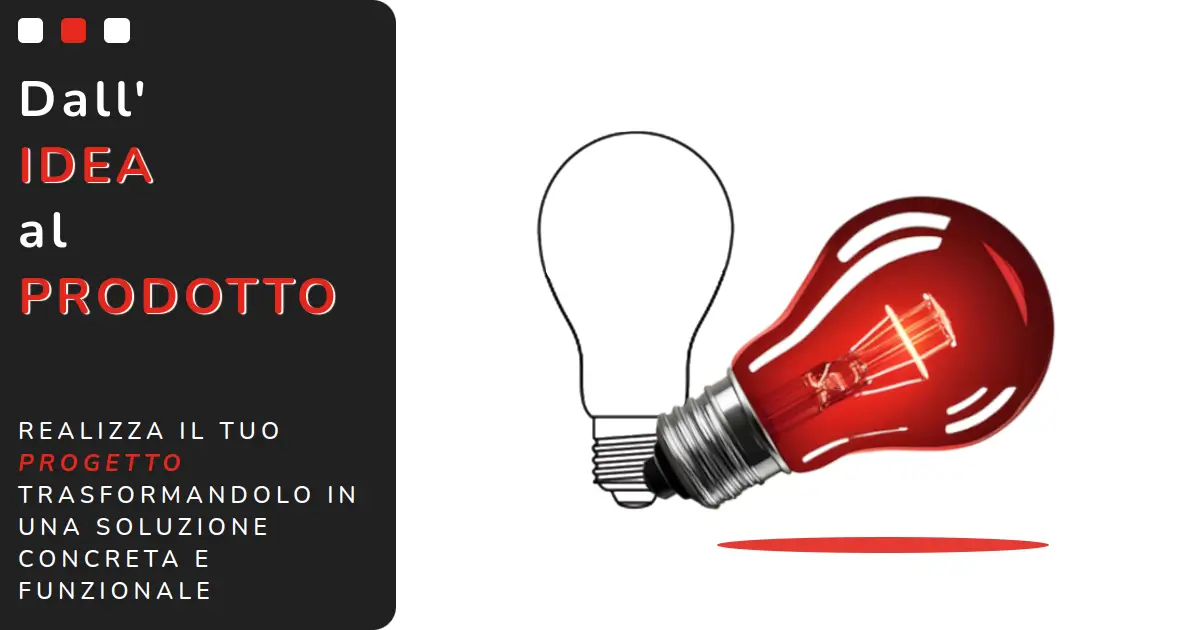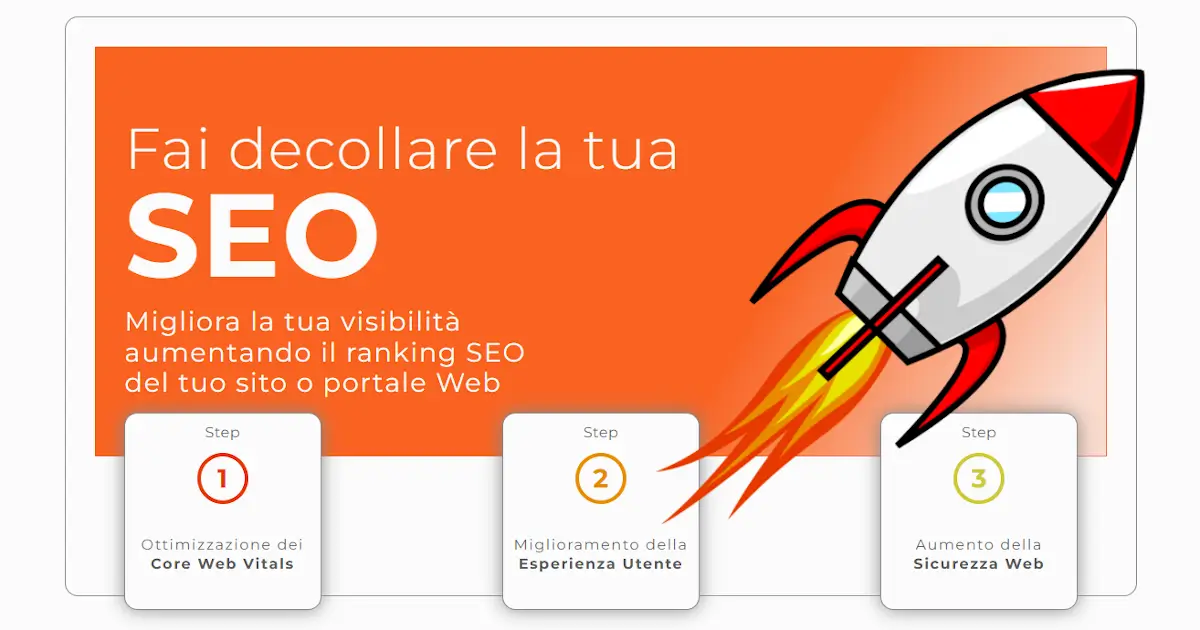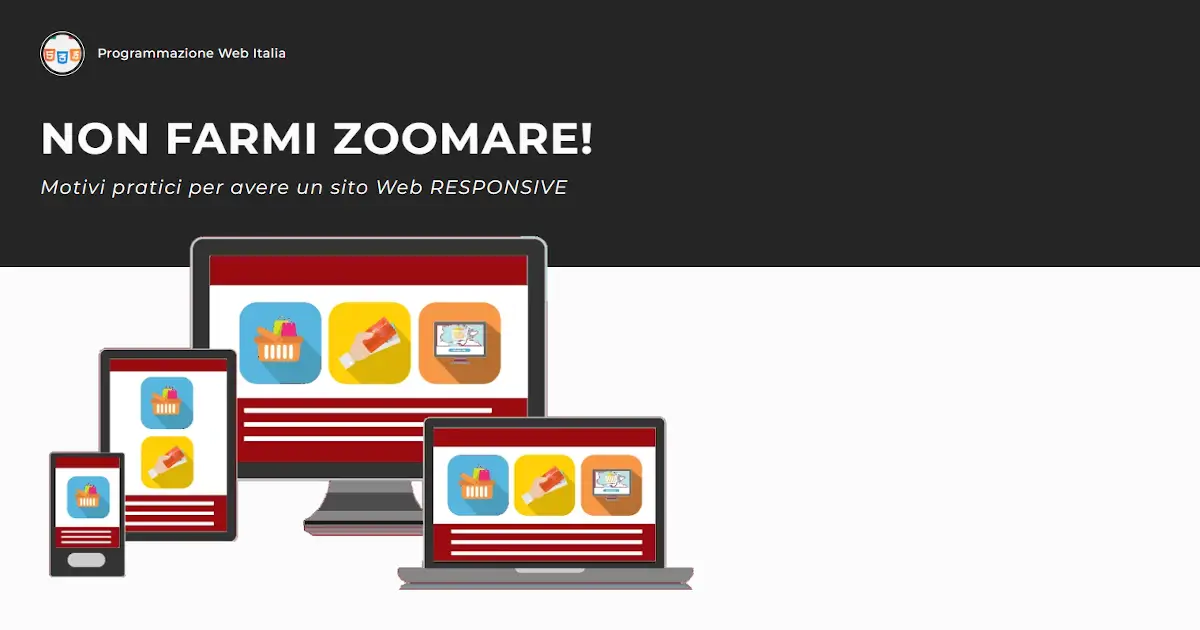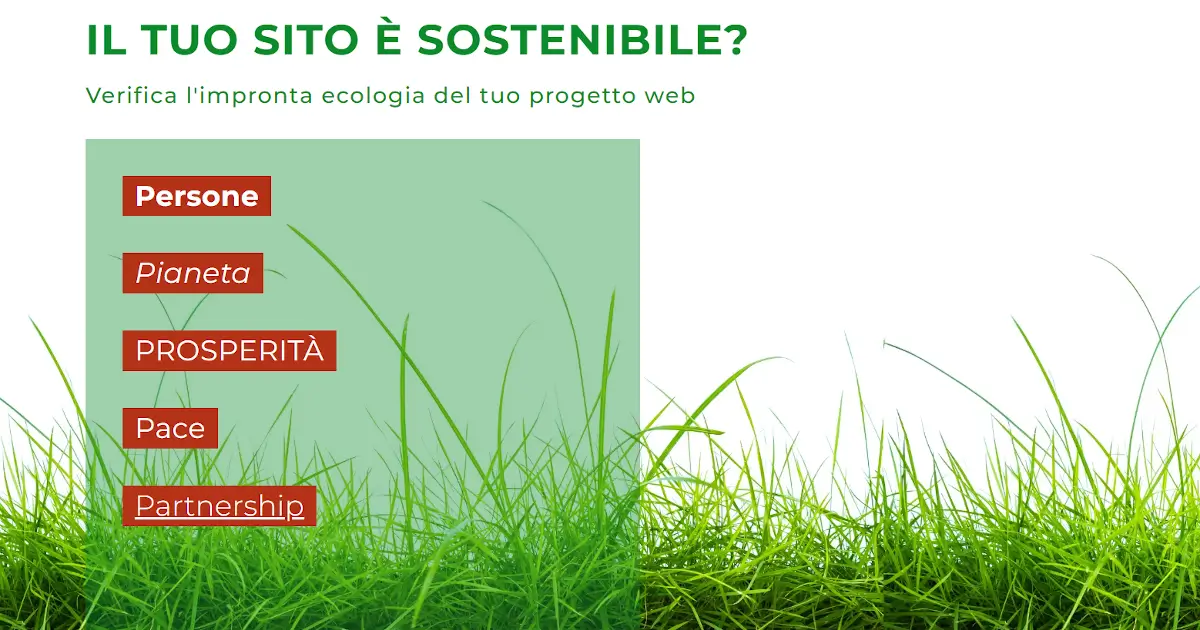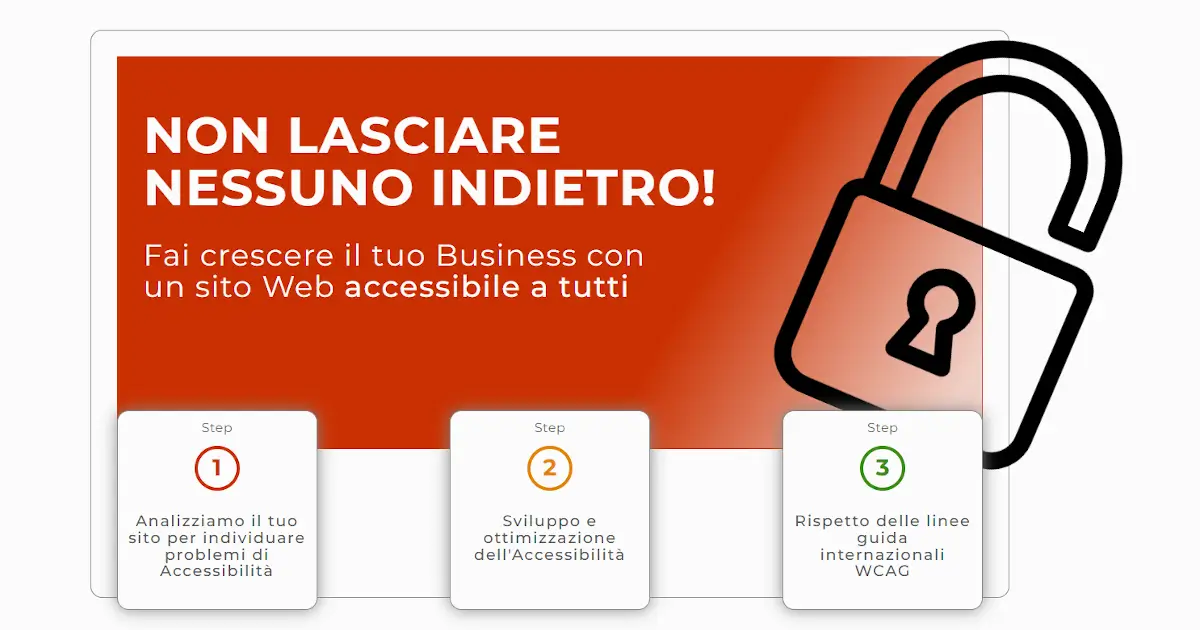
Fai decollare la tua
SEO
Migliora la tua visibilità
aumentando il ranking SEO del tuo sito o portale Web
➽ Contattaci ora
Ottimizzazione dei Core Web Vitals
Miglioramento della Esperienza Utente
Aumento della Sicurezza Web
Analisi keyword
Identifichiamo e selezioniamo le parole (o frasi) chiave che gli utenti utilizzano per ricercare contenuti simili a quelli che proponi. Le keyword trovate sono suddivise in generiche (broad keywords) o più specifiche (long-tail keywords), e offrono diverse opportunità e vantaggi in termini di potenziale traffico. Fin dal principio è importante avere chiari gli obiettivi del sito web o della campagna SEO analizzando il pubblico target, i prodotti o servizi offerti e le azioni che si desidera gli utenti compiano sul sito. La SEO è un processo continuo e l'ottimizzazione delle parole chiave deve essere regolarmente aggiornata per adattarsi ai cambiamenti del mercato e del comportamento degli utenti.
-
Ottimizzazione testi
L'obiettivo principale è creare contenuti che siano siano pertinenti e utili sia per gli utenti che per i motori di ricerca. In questo modo si ottiene l'obiettivo di aumentare il traffico qualificato verso il nostro sito o portale Web. E' necessario scrivere contenuti di qualità, originali e approfonditi, rispettando la struttura logica del contenuto e sfruttando le parole chiave trovate nell'analisi precedente. L'ottimizzazione dei testi in ambito SEO richiede una combinazione di ricerca accurata delle parole chiave, creazione di contenuti di qualità, e attenzione ai dettagli tecnici e strutturali. Seguire queste best practice può aiutare a migliorare la visibilità del tuo sito web nei motori di ricerca, attirare più traffico e offrire una esperienza migliore agli utenti.
-
Miglioramento delle performance
Ci sono molteplici aspetti che contribuiscono alla performance SEO, alcune strategie comprendo la riduzione dei tempi di caricamento, il miglioramento della esperienza utente (User Experience), la qualità dei contenuti (vedi punti precedenti), l'ottimizzazione tecnica SEO (meta tag, sitemap XML...). La performance SEO necessita di un approccio olistico ed è importante adottare un processo di miglioramento continuo, monitorando costantemente i risultati e adattando la strategia in base ai cambiamenti nei motori di ricerca e nel comportamento degli utenti
-
Analisi dei risultati
L'analisi dei risultati SEO è un processo fondamentale per capire come le strategie di ottimizzazione stiano performando e quali aggiustamenti siano necessari per migliorare ulteriormente. Monitorare e analizzare i risultati permette di identificare le aree di successo e le opportunità di miglioramento, aiutando a ottimizzare il sito web per raggiungere gli obiettivi desiderati. Creare report regolari aiuta a tenere traccia dei progressi e a presentare i risultati agli stakeholder. I principali report comprendono: report sulle parole chiave (il loro posizionamento prima e dopo l'intervento), il report sul traffico organico (che riporta le tendenze del traffico non a-pagamento) e il report sull'andamento delle conversioni.
Contattaci oggi per ottenere una analisi gratuita delle tue performance SEO
Vicini a te
La tua attività è situata in provincia di Udine o in Friuli?
Hai un vantaggio in più: siamo vicini!
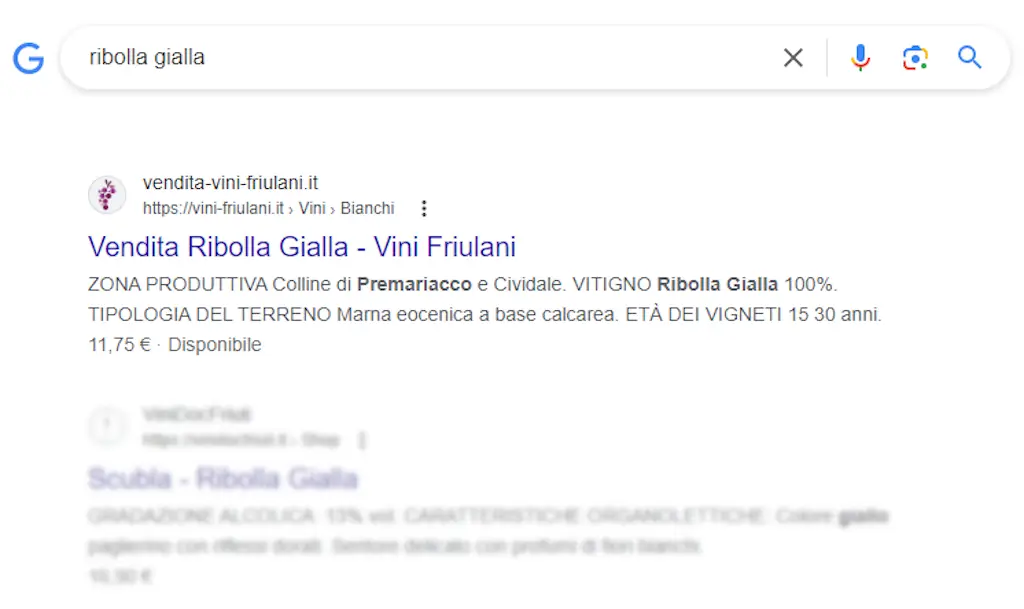
Cos'è la SEO (Search Engine Optimization)?
La SEO (Search Engine Optimization), o ottimizzazione per i motori di ricerca, è un insieme di strategie e tecniche utilizzate per migliorare la visibilità di un sito web nei risultati organici (non a pagamento) dei motori di ricerca come Google, Bing, e Yahoo. L'obiettivo principale della SEO è aumentare la quantità e la qualità del traffico verso un sito Web migliorandone il posizionamento nelle pagine dei risultati dei motori di ricerca (SERP). La SEO è importante perché aiuta i motori di ricerca a comprendere meglio i contenuti di un sito web, migliorandone così la visibilità nei risultati di ricerca per parole chiave pertinenti. Aumentare la visibilità organica significa attrarre più visitatori potenziali senza dover pagare per la pubblicità
Quali sono gli obiettivi della SEO?
Gli obiettivi della SEO possono variare a seconda delle specifiche necessità di un sito Web o di un business, ma in generale, gli obiettivi principali della SEO sono: aumentare la visibilità nei motori di ricerca; generare traffico organico di qualità; migliorare l'esperienza dell'Utente (UX); aumentare il tasso di conversione, incrementare l'autorevolezza del sito.
Quali sono i benefici della SEO?
Alcuni dei principali vantaggi della SEO comprendono: il miglioramento della visibilità (un sito ben ottimizzato apparirà tra i primi risultati quando gli utenti cercano informazioni correlate); la crescita sostenibile del traffico (a differenza della pubblicità a pagamento, la SEO genera traffico organico che può durare nel tempo); maggiore credibilità e fiducia (gli utenti tendono a fidarsi di più dei risultati organici rispetto agli annunci a pagamento). La SEO offre numerosi benefici, rendendola una componente essenziale di qualsiasi strategia di marketing digitale. Dall'aumento del traffico organico alla costruzione dell'autorevolezza del Brand, fino all'ottimizzazione dell'esperienza utente, la SEO contribuisce al successo a lungo termine di un sito web e di un'attività commerciale. Investire nella SEO significa costruire una solida base online che può portare risultati duraturi e sostenibili nel tempo.
Linee guida SEO 2025
Le linee guida SEO per il 2025 riflettono l'evoluzione dei motori di ricerca, dei comportamenti degli utenti e delle tecnologie emergenti. Per essere efficaci, le strategie SEO devono adattarsi a questi cambiamenti, mantenendo sempre al centro l'esperienza dell'utente. Ecco le linee guida SEO principali per il 2025: focalizzazione sulla Qualità; Core Web Vitals; SEO Local e personalizzazione; contenuti video e multimediali; ottimizzazione semantica; dati strutturati e SEO tecnica avanzata. Nel 2025, le linee guida SEO richiederanno un approccio più olistico, integrando aspetti tecnici, contenutistici e di esperienza utente. Mantenere il sito aggiornato con le ultime tendenze, tecnologie e aspettative degli utenti sarà fondamentale per avere successo nella SEO. La chiave sarà sempre l'adattamento ai cambiamenti e un approccio focalizzato sulle esigenze dell'utente.
Come verificare la SEO di un sito?
Per verificare la SEO di un sito web, ci sono vari passaggi che possono essere seguiti.
Analisi SEO on Page: che prende in esame la qualità degli elementi presenti nel codice del sito (titoli, metatag, intestazioni, parole chiave...).
Analisi tecnica generale: per verificare la velocità del sito, l'usabilità (anche su dispositivi mobile)...
Backlink e autorità del dominio: quanti sono i collegfamenti esterni che puntano al nostro sito, qual è l'autorità riconosciuta al nostro portale.
La qualità e pertinenza dei contenuti del nostro portale (originalità, tasso di aggiornamento...).
